Nearly every american couple dreams of a wedding day that feels truly unforgettable, yet transportation headaches threaten to add stress when it matters most. With luxury vehicles and professional chauffeurs handling every detail, VIP wedding transport turns travel into one of the most elegant and enjoyable parts of the celebration. Discover how thoughtful planning and the right service can bring comfort, style, and peace of mind to your once in a lifetime event.
Table of Contents
- Defining VIP Transport For Weddings
- Luxury Vehicle Types And Amenities Explained
- How VIP Wedding Transport Services Work
- Costs, Packages, And Booking Tips
- Common Pitfalls And How To Avoid Them
Key Takeaways
| Point | Details |
|---|---|
| Luxury Transport Enhances Weddings | VIP wedding transport offers premium experiences with professional drivers and lavish vehicles, adding sophistication to the celebration. |
| Diverse Vehicle Options Available | Couples can choose from classic sedans, luxury SUVs, and stretch limousines, each catering to different styles and party sizes. |
| Thorough Planning is Essential | Successful transportation requires detailed planning, including guest counts, route mapping, and timely communication with providers. |
| Avoid Common Pitfalls | Anticipating issues like inaccurate guest numbers and inadequate vehicle capacity can prevent logistical challenges on the wedding day. |
Defining VIP Transport for Weddings
VIP transport for weddings represents a premium transportation service designed to elevate the entire wedding experience through luxury, comfort, and sophistication. According to Wikipedia, a limousine is a chauffeur-driven luxury vehicle specifically configured to provide an exceptional level of comfort and elegance for special occasions like weddings.
At its core, VIP wedding transport goes far beyond standard transportation. These services offer meticulously maintained luxury vehicles with professional chauffeurs who understand the nuanced requirements of wedding day logistics. As detailed by Wikipedia, a sedan service provides pre-arranged transportation that ensures reliable and stylish transport, which is critically important during one of life’s most significant celebrations.
Key characteristics of VIP wedding transport typically include:
- Immaculately maintained luxury vehicles
- Professional, uniformed chauffeurs
- Precise scheduling and route planning
- Privacy and comfort for wedding parties
- Seamless coordination with wedding timelines
- Additional amenities like complimentary champagne or decorative vehicle treatments
The primary goal of VIP wedding transport is to transform transportation from a mere logistical necessity into a memorable, stress-free experience that contributes to the overall elegance and smoothness of a wedding celebration.
Luxury Vehicle Types and Amenities Explained
Wedding day transportation demands sophistication, and luxury vehicle options provide couples with multiple elegant choices to elevate their special day. According to Sam Car Rental, luxury wedding transportation encompasses a diverse range of vehicles including classic sedans like the Rolls-Royce Phantom, premium luxury SUVs such as the Range Rover Autobiography, and sophisticated stretch limousines.
Each luxury vehicle category offers unique advantages for wedding parties. Classic sedans represent timeless elegance, perfect for intimate wedding parties seeking refined transportation. Luxury SUVs provide spacious interiors ideal for larger wedding groups, while stretch limousines create dramatic arrivals with maximum visual impact. These luxury vehicles typically come equipped with premium amenities designed to enhance the wedding experience.
Key amenities in luxury wedding vehicles often include:
- Premium leather interiors
- Advanced sound systems
- Complimentary champagne service
- LED mood lighting
- Climate-controlled environments
- Privacy partitions
- Professional uniformed chauffeurs
- Decorative wedding packages
When selecting a luxury vehicle, couples should consider party size, wedding theme, personal style, and specific logistical requirements to ensure their transportation perfectly complements their celebration. The right luxury vehicle transforms transportation from a mundane necessity into a memorable, photogenic wedding day experience.


How VIP Wedding Transport Services Work
VIP wedding transport services are meticulously designed professional transportation solutions that transform wedding day logistics into seamless, elegant experiences. According to VIP Wedding Transportation, these services typically begin with a detailed written contract that ensures safe, reliable, and punctual luxury transportation tailored precisely to clients’ specific needs and budgets.
The operational process for VIP wedding transport involves several strategic steps. Detailed Drivers highlights that these services utilize a premium fleet of vehicles operated by licensed and insured professional chauffeurs, guaranteeing an elegant and reliable transportation experience. From initial consultation to final wedding day execution, these services coordinate intricate details like precise pickup times, multiple location routes, and specific wedding party transportation requirements.
Key operational components of VIP wedding transport services include:
- Initial client consultation and needs assessment
- Customized transportation planning
- Vehicle selection matching wedding theme and party size
- Professional chauffeur assignment
- Detailed route and timing coordination
- Backup vehicle and driver contingency plans
- On-site coordination with wedding planners
- Post-event transportation management
The ultimate goal of VIP wedding transport services is to eliminate transportation stress, allowing wedding parties to focus entirely on celebrating their momentous day. By providing meticulously planned, luxurious transportation, these services ensure smooth, memorable transitions throughout the wedding celebration.
Costs, Packages, and Booking Tips
Wedding transportation costs can vary significantly depending on vehicle type, service duration, and specific requirements. According to Sam Car Rental, luxury wedding vehicle pricing ranges from classic sedans at $400-$1,000 per day to stretch limousines costing between $500-$1,500 per day, with strategic booking and package comparison helping couples secure the best possible rates.
Luxuria Lifestyle recommends carefully considering factors like guest count and venue location when planning wedding transportation. Different vehicle options provide unique advantages: traditional coaches work best for large groups, while minibuses offer more flexibility for smaller wedding parties. Early booking remains crucial to ensure availability and potentially lock in more competitive pricing.
Key considerations when selecting wedding transportation packages include:
- Total guest transportation requirements
- Number of vehicles needed
- Distance between wedding venues
- Duration of transportation service
- Special amenities or decorative options
- Peak season pricing variations
- Potential group discounts
- Cancellation and modification policies
Successful wedding transportation booking involves thorough research, clear communication with service providers, and understanding the full scope of your wedding day logistical needs. Master the group shuttle reservation process to ensure a smooth, stress-free transportation experience that complements your wedding celebration perfectly.
Common Pitfalls and How to Avoid Them
Wedding transportation challenges can quickly derail even the most carefully planned celebrations. According to Luxuria Lifestyle, couples frequently underestimate potential complications like guest numbers and traffic delays, which can create significant logistical stress on their wedding day.
Sam Car Rental emphasizes the critical importance of aligning transportation choices with the wedding’s overall theme and specific guest requirements. Proactive communication and thorough advance planning are essential strategies for mitigating potential transportation mishaps and ensuring a seamless experience.
Common wedding transportation pitfalls to anticipate and prevent include:
- Inaccurate guest count estimates
- Insufficient vehicle capacity
- Inadequate route planning
- Poor time management
- Lack of backup transportation options
- Overlooking guest comfort and accessibility
- Failing to confirm final logistics
- Ignoring potential weather complications
Preemptive planning and clear communication with transportation providers can transform potential challenges into smooth, stress-free experiences. By anticipating potential issues and developing comprehensive contingency strategies, couples can ensure their wedding transportation remains a highlight of their special day.
Elevate Your Wedding Day with Expert VIP Transport
Planning seamless and luxurious wedding transportation can be challenging. From managing precise timing to selecting the right luxury vehicle and ensuring guest comfort, these details can quickly overwhelm your special day. The article highlights key pain points such as coordinating schedules, avoiding last-minute transportation stress, and choosing vehicles that reflect your wedding style with elegance and reliability.
At Ashe County Livery, we specialize in addressing these exact challenges by offering professional VIP wedding transport services tailored to your needs. Our fleet of high-end Mercedes vehicles, driven by professional chauffeurs, guarantees safety, comfort, and sophistication for your wedding party. Whether you desire classic elegance or modern luxury, we work closely with you to plan every detail and deliver a stress-free experience that complements your celebration beautifully.
Trust Ashe County Livery to transform your wedding transportation from a logistical hurdle into a memorable highlight. Discover more about our full range of luxury transportation options on our main site. To ensure flawless coordination and luxurious comfort on your big day, explore how we customize services perfectly suited for weddings at Ashe County Livery. For an inside look at how we bring professionalism and personalized service to every ride, visit Ashe County Livery.
Looking for premium wedding transportation that matches the elegance of your day?

Contact Ashe County Livery today to reserve your VIP wedding transport. Secure your date now and enjoy peace of mind knowing your special day will have the style and reliability it deserves. Visit https://ashecountylivery.com to get started.
Frequently Asked Questions
What is VIP transport for weddings?
VIP transport for weddings refers to a premium transportation service that offers luxury vehicles and professional chauffeurs to enhance the wedding experience through sophistication and comfort.
What types of luxury vehicles are typically available for weddings?
Luxury vehicle options for weddings can include classic sedans like the Rolls-Royce Phantom, luxury SUVs such as the Range Rover Autobiography, and stretch limousines, each providing unique advantages for different wedding party sizes and themes.
How does the booking process for VIP wedding transport work?
The booking process usually involves an initial consultation, customized transportation planning, vehicle selection, route and timing coordination, and ensuring backup options, all tailored to the specific needs of the wedding party.
What are common pitfalls to avoid when planning wedding transportation?
Common pitfalls include underestimating the guest count, inadequate vehicle capacity, poor time management, and overlooking contingencies such as traffic delays or weather complications. Thorough planning and communication with transport providers can help mitigate these issues.
Recommended
- VIP Wedding Transport Explained: Complete Guide » Ashe County Livery blog
- Airport Transfer for Bridal Parties: Complete Guide – Ashe County Livery blog
- 7 Prime Examples of Luxury Transportation for High Country Events – Ashe County Livery blog
- 7 Smart Wedding Guest Shuttle Options to Know Now – Ashe County Livery blog
- Why Invest in Wedding Videography: Complete Guide
- Why Hire a Wedding Videographer: Complete Guide
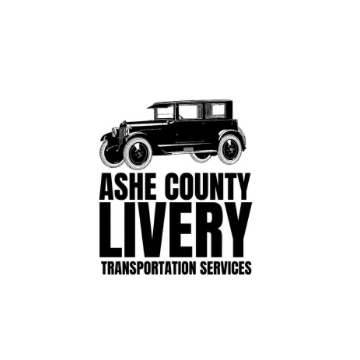
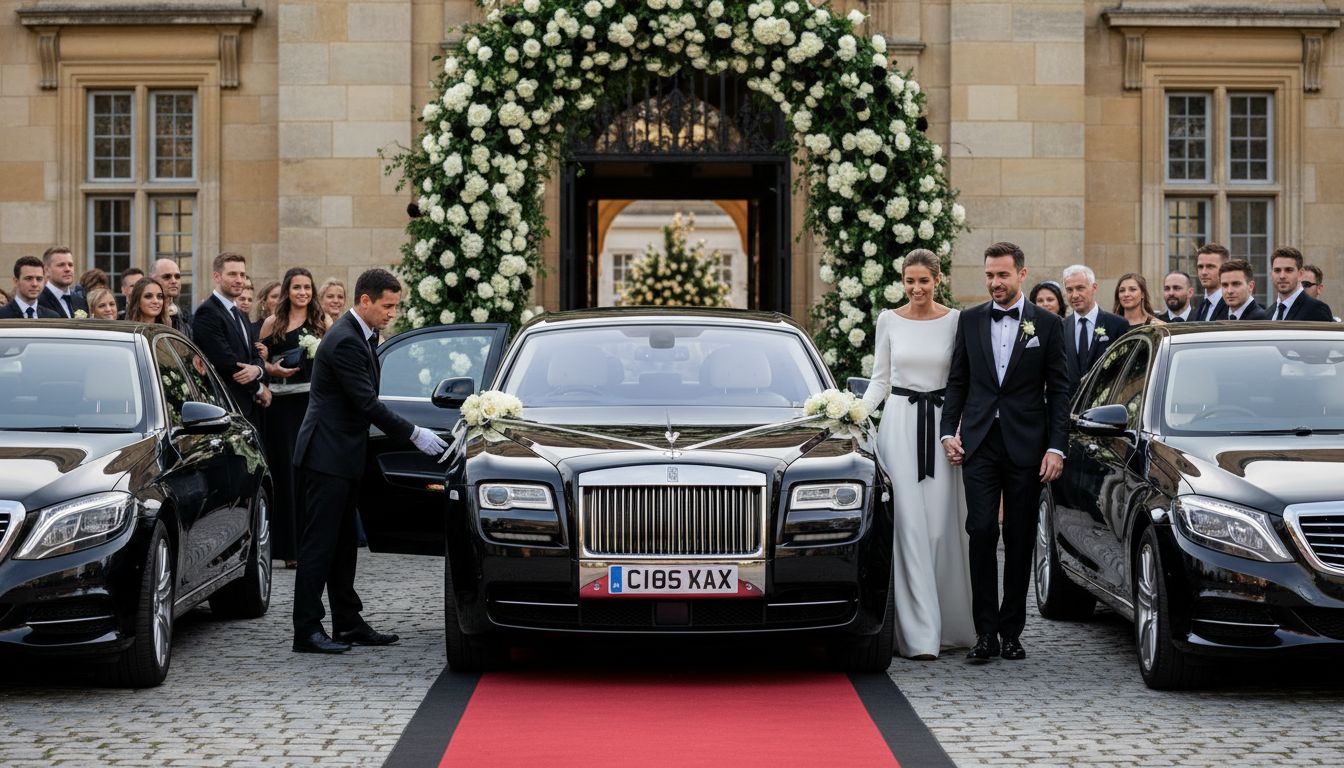
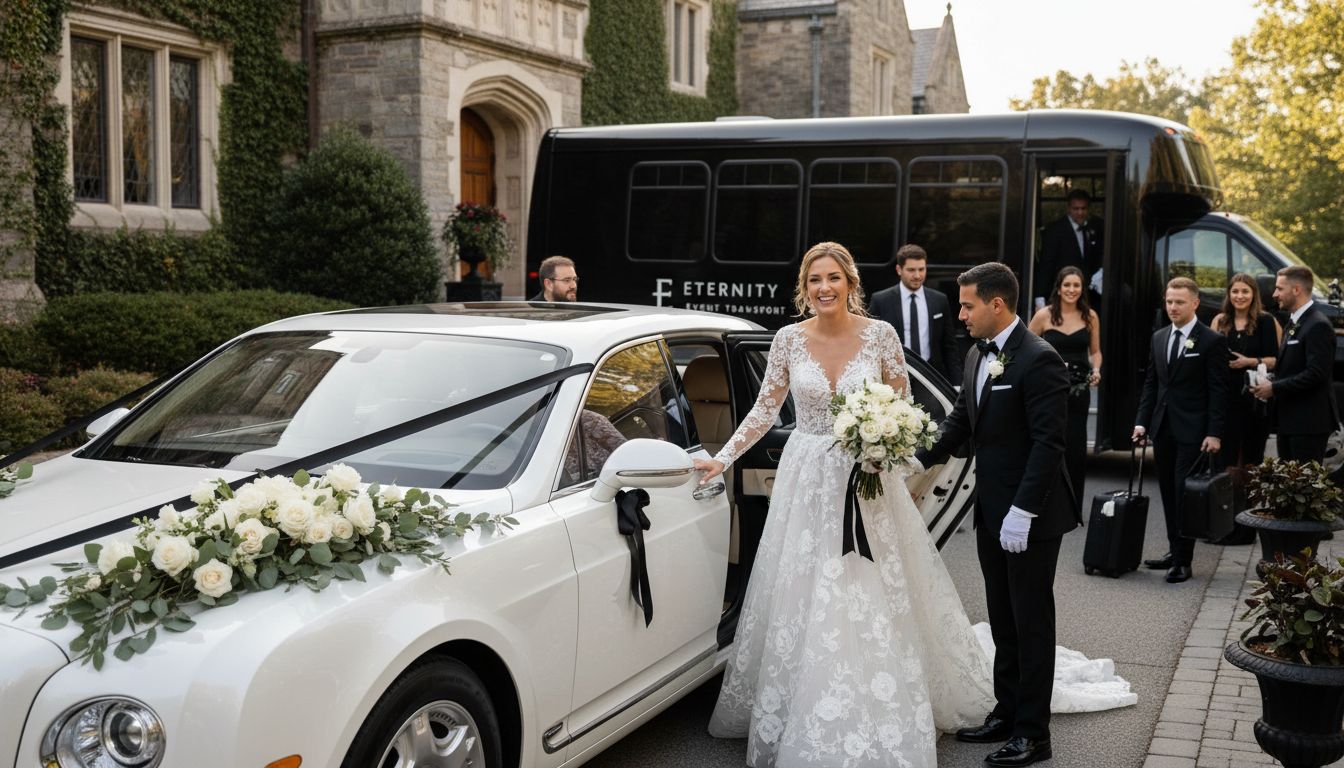


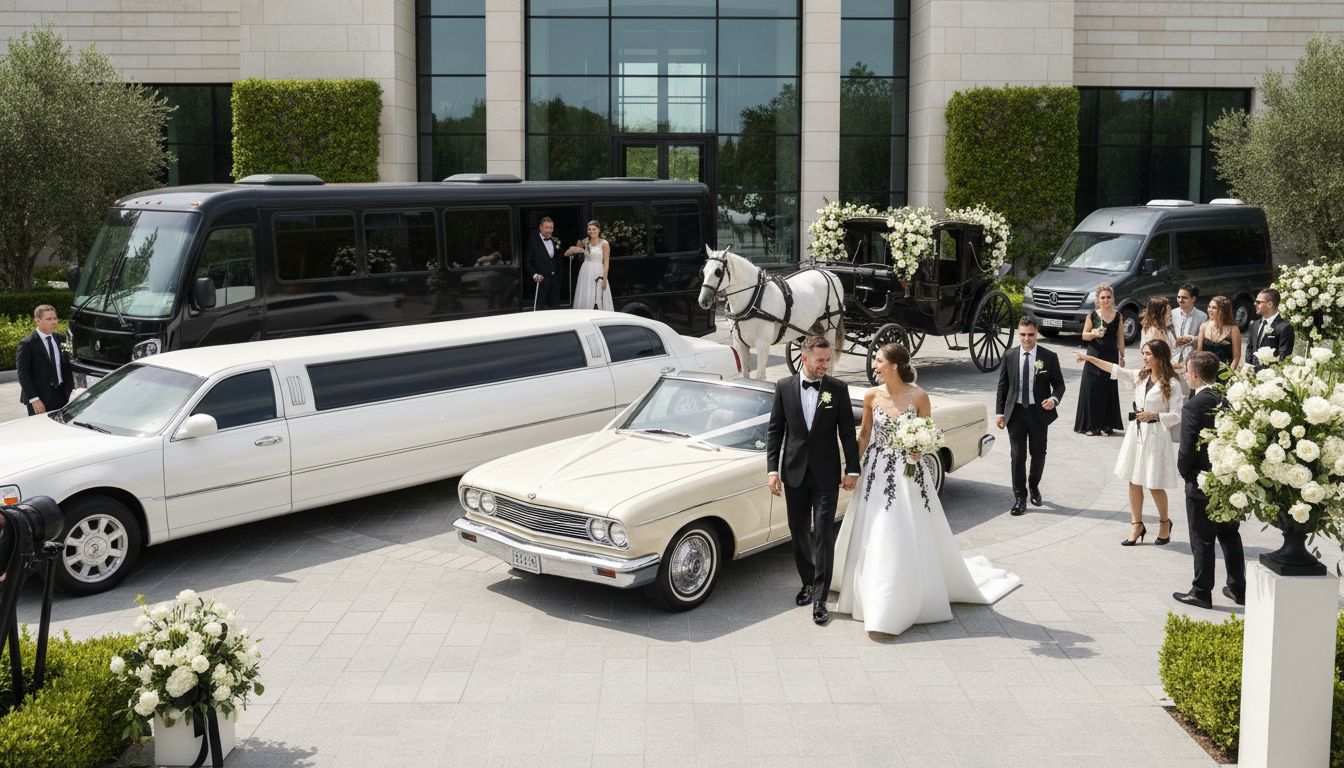



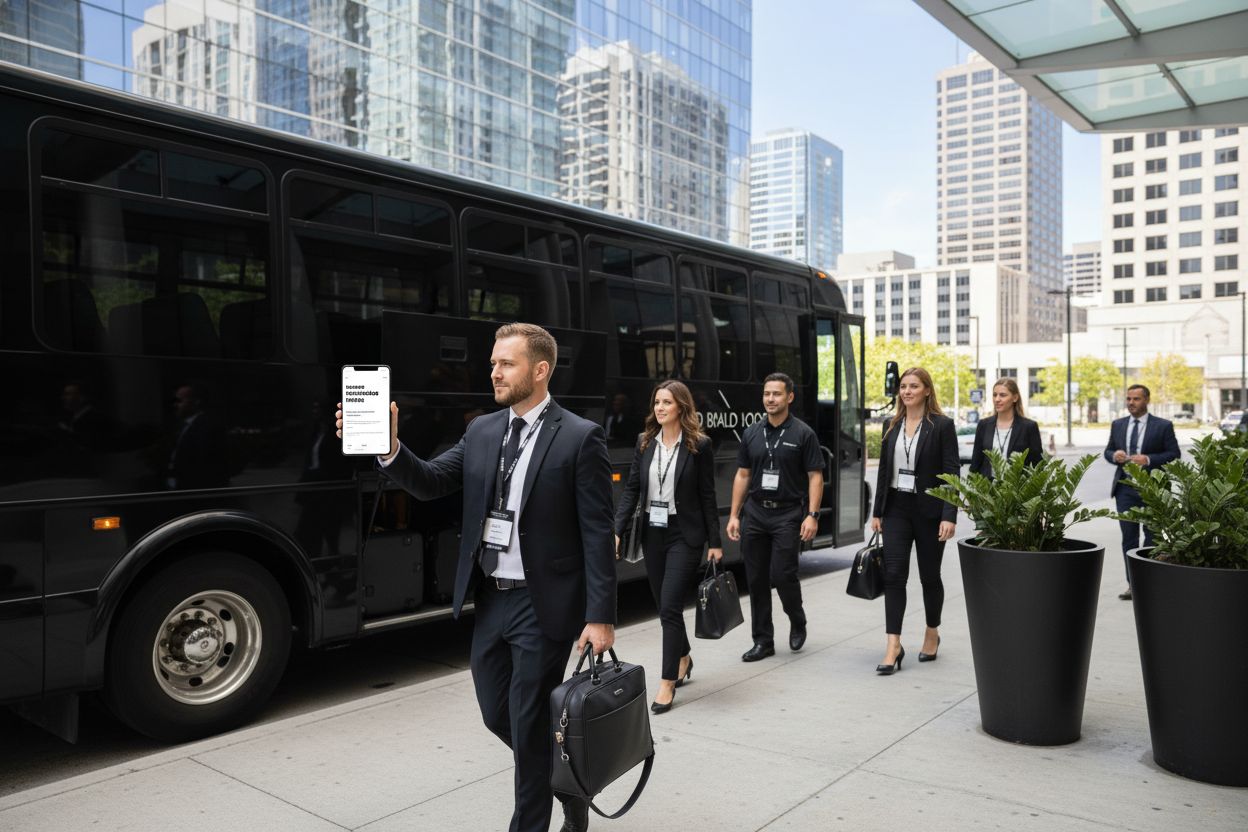

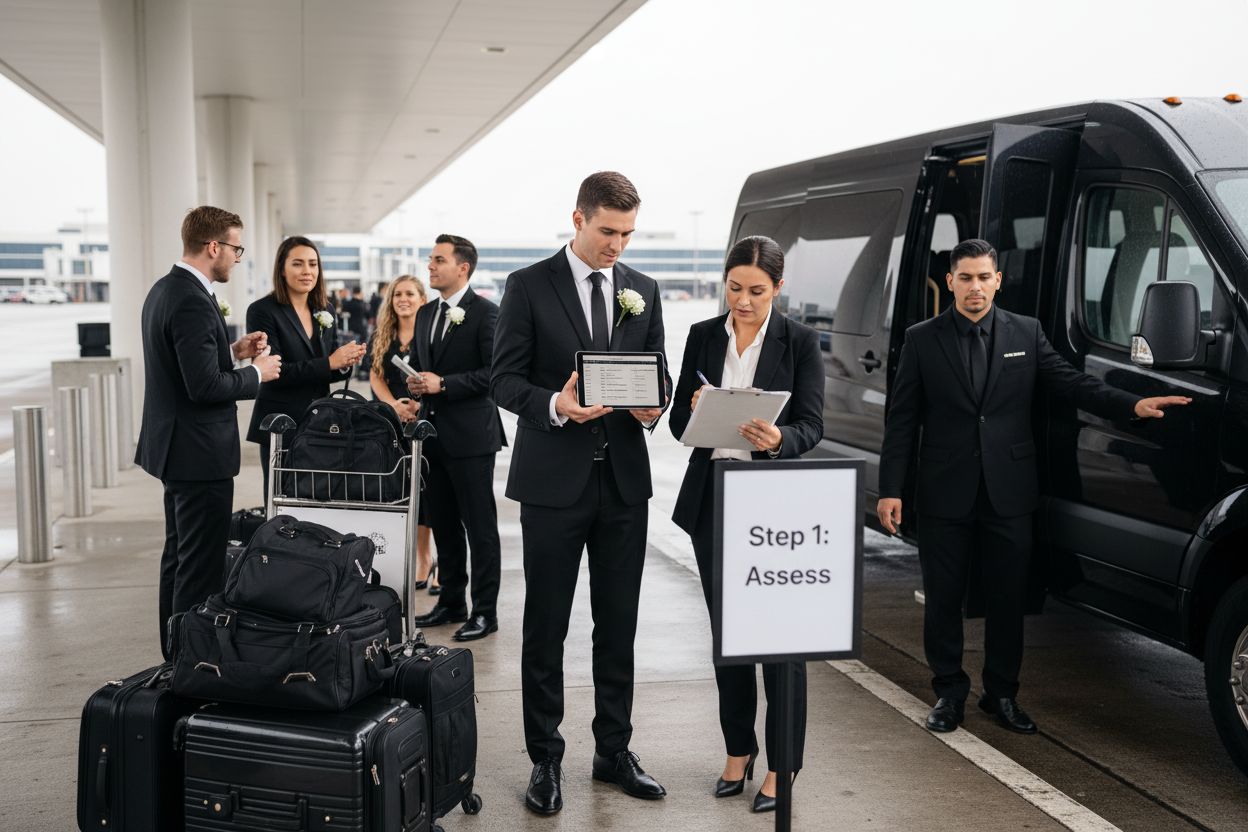

 By securing your service early, communicating clearly, and maintaining thorough documentation, you transform airport transfers from a potential source of anxiety into a seamless component of your wedding day logistics.
By securing your service early, communicating clearly, and maintaining thorough documentation, you transform airport transfers from a potential source of anxiety into a seamless component of your wedding day logistics.